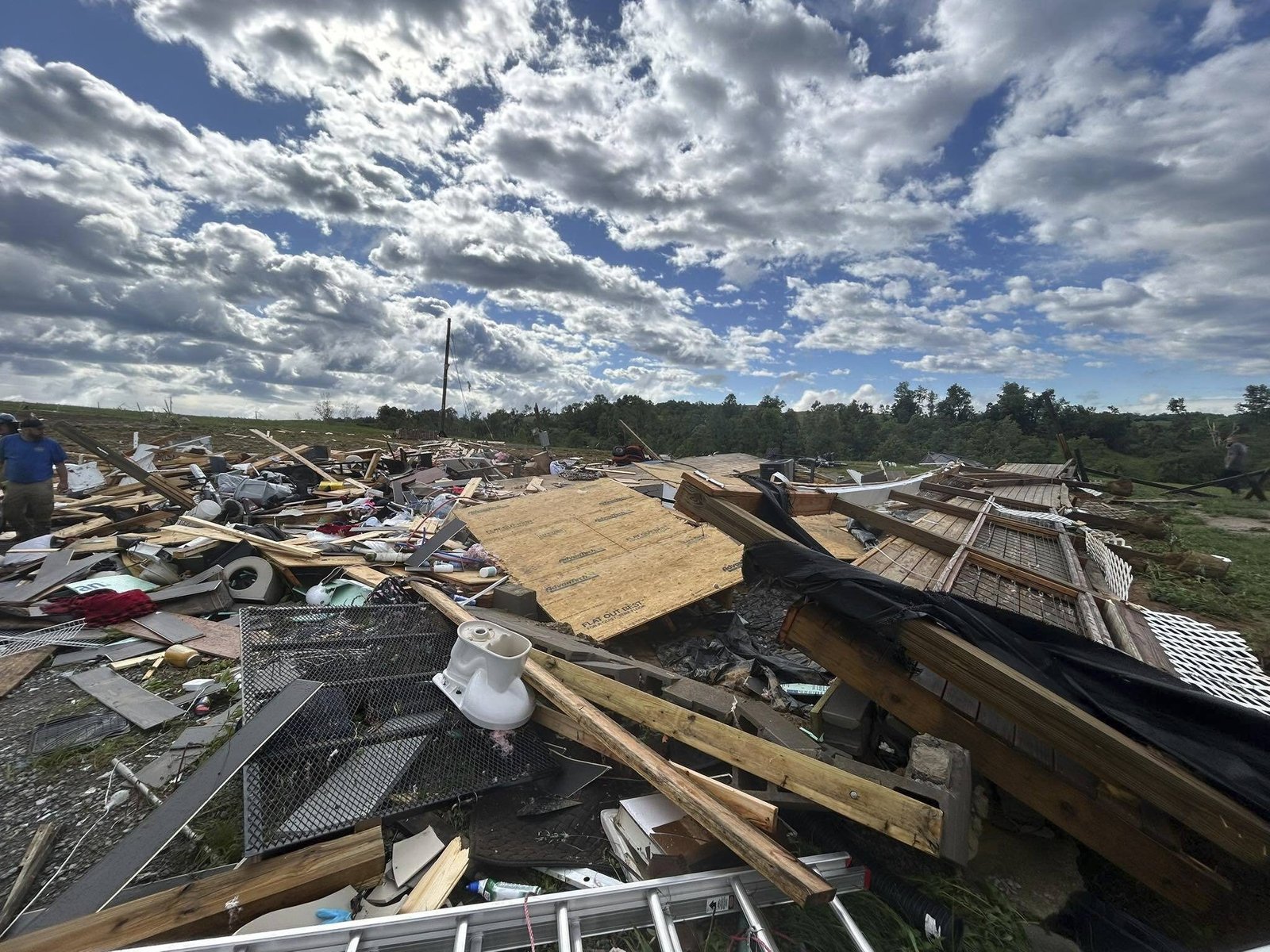As hurricanes become increasingly stronger, we’ve started to see massive, costly and deadly flooding events up and down the East Coast — and not just near oceans, but even hundreds of miles inland. In the future, will artificial intelligence begin to help predict when those events occur?
As hurricanes become increasingly stronger, we’ve started to see massive, costly and deadly flooding events up and down the East Coast — and not just near oceans, but even hundreds of miles inland. In the future, will artificial intelligence begin to help predict when those events occur?
With the way things are going, the answer could be a resounding yes — at least based on studies conducted by researchers at Virginia Tech and a school in Belgium. They fed about 40 years of hurricane data — going back to 1981 — inside a deep learning model and, over time, began accurately predicting where flooding would occur.
“Our model, it’s super accurate,” said David Munoz, an assistant professor in Virginia Tech’s Civil and Environmental Engineering program. “It’s comparable to the conventional models out there, and the benefit of our model is that it can predict those extreme water levels in a matter of minutes.”
Munoz’s group fed the model information produced by National Hurricane Center forecasts, and were able to determine the future impact. It’s even showing the ability to predict a storm’s impact in an area where there isn’t much data by using data from other regions.
While it’s still a work in progress, future storms are likely to improve the accuracy of the models.
“It’s like a statistical approach,” Munoz said. “If you increase the sample size, then the better the prediction will be. The same here with our models. The more events that we consider in the training process, the better the forecast of new events, or new flooding, will be.”
The best case scenario would allow communities to know hours or even days ahead of time that the current track of a storm hundreds of miles away could create trouble where they are. Eventually, Munoz hopes to be able to develop models that will impact the entire Chesapeake Bay region.
Get breaking news and daily headlines delivered to your email inbox by signing up here.
© 2025 WTOP. All Rights Reserved. This website is not intended for users located within the European Economic Area.










